Addressing Charles Weisman’s What About the Seedline Doctrine? Part 3, Seed is a Collective

Addressing Charles Weisman’s What About the Seedline Doctrine? Part 3, Seed is a Collective
Once again, there were many extemporaneous remarks and explanations in this presentation. The prepared notes are found below.
This will be part 3 of our discussion addressing aspects of the book: What About the Seedline Doctrine? A Biblical Examination and Explanation of the Cain-Satanic Seedline Doctrine by Charles A. Weisman. We are still in chapter 2 of the book, which is titled “The Basis of the Satanic Seedline Doctrine”. Once again, we still haven’t located a copy of the book which contains the first chapter, but if we ever do, we might have to backtrack a bit to address that also. A friend wrote me this week and I think he may have a copy. Now, as I have said several times already, continuing to examine Weisman’s arguments and methods of analysis, I am certain we shall also continue to find that he failed to answer the question which he himself had posed in the title of his book.
Before we get back to where we left off in Weisman’s book, I would like to discuss this hare-brained idea that our interpretation of Genesis chapter 3 had originated in the Talmud. Perhaps this argument belongs at the end of our address of Weisman’s book, since he has chapters there which present it, but it is brought to the forefront by his supporters, so we shall address it in part now. Concerning our interpretation, I don’t really like to call it “Two-Seedline” but we are sort of stuck with the label because it has long been popular. The label is too narrow, and the real struggle is between two trees, the Tree of the Knowledge of Good and Evil, and the Tree of Life.


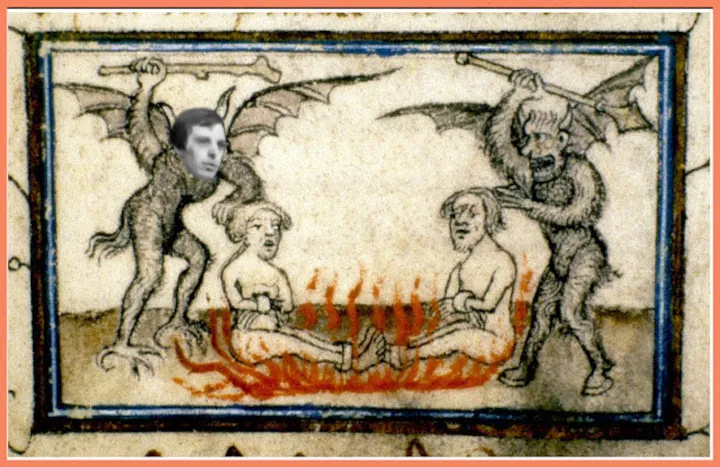
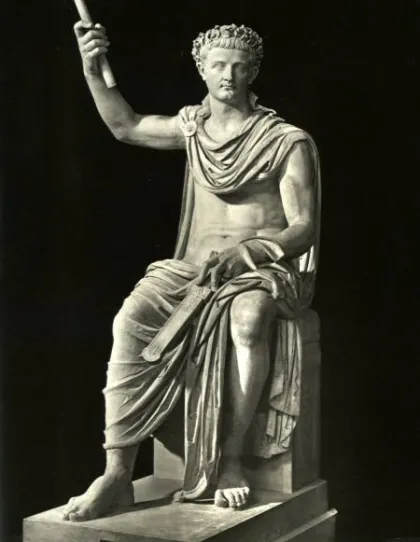
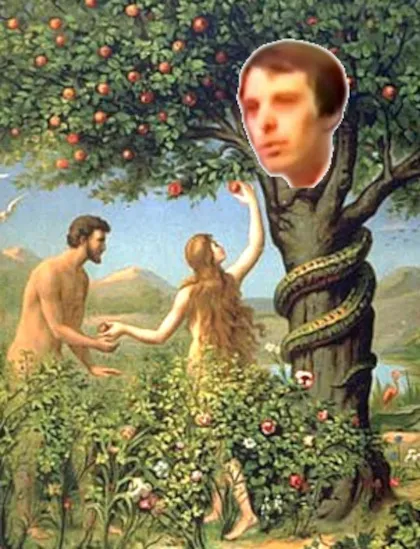
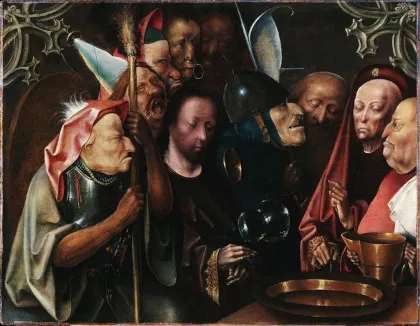
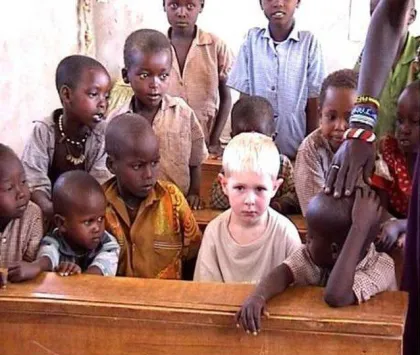
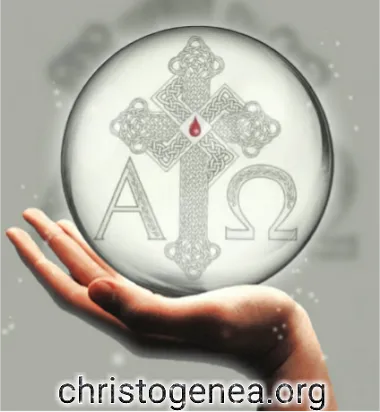




 Please click here for our mailing list sign-up page.
Please click here for our mailing list sign-up page.








Recent comments